When it comes to students and their digital footprint, we all want the answers on how much data is being trawled through by the school. The answer to this question is not straightforward and may depend on several factors.
So, what exactly does a school have access to when it comes to your digital history? And what are they doing with that information?
Also Read: Who taught the first teacher: A Short History of Teaching
Does your School Track your Internet History
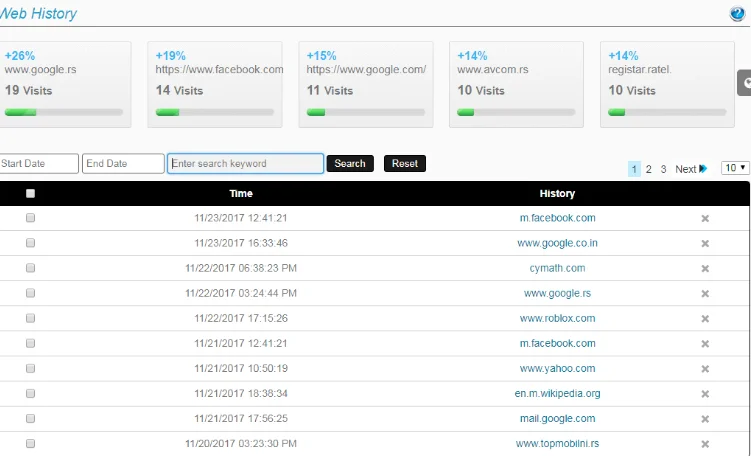
Your school probably tracks your internet history as they would any other records in the school.
This might include how long you’re on the computer, what sites you visit and who you talk to online.
Yes, the school can track your internet history if you use a school’s computer or if you have a specific assignment that requires you to submit something online, like turning in an essay or doing research for a paper.
And no, if you use your computer or send something from your email account.
If you are worried about your privacy, you can take steps to change this. You can ask your parents if they would be willing to sign a contract stating that no one at the school has access to your information and that it will not be shared with anyone else for any reason.
You can also opt-out of having your computer monitored by asking for an administrator’s signature on a form stating that there will be no tracking software installed on their computer system or even being there in person during installation.
Can Schools See Your Search History
The first time you log in to a school’s website, it will ask you to accept their privacy policy. This is the same policy that Google uses, so it’s important to read it and ensure you agree with it before clicking “I accept.”
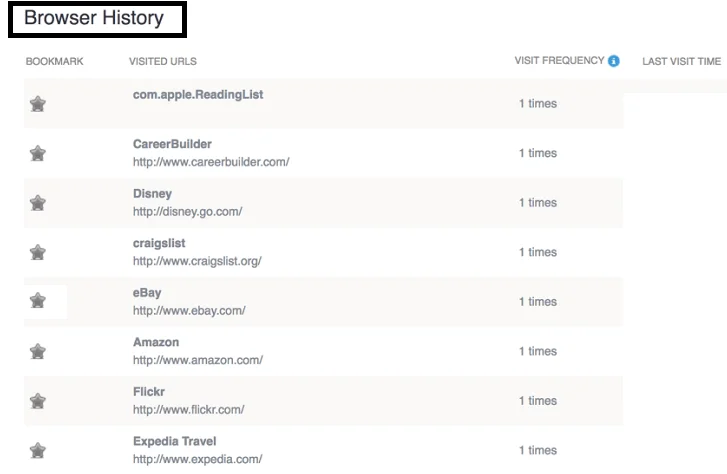
If you don’t want your search history shared with the school, go into your Google settings and change your “Web History” setting.
When you are signed in to a school’s site, they’ll have access to your Google account information, including everything from your email address to which apps you’ve used on mobile devices.
They will also have access to your search history, including what you’ve typed into Google and any websites that appear on their site’s search bar.
Although schools can see some of this information and use it as part of their learning materials, they won’t be able to see all of it or use it for purposes other than education — like comparing searches with other students’ searches.
Also, using that information to create better course content in future lessons or perhaps even using it as a form of punishment.
Also Read: Do Professors Check Email During Summer, Holiday, or Cold Emails
Instances When Schools Track your Internet History
1. When Accessing via School Wi-Fi
Your internet history can be tracked and recorded when you use school Wi-Fi. The school usually does this, but some schools may allow third-party companies to access their computers when they are not in use.
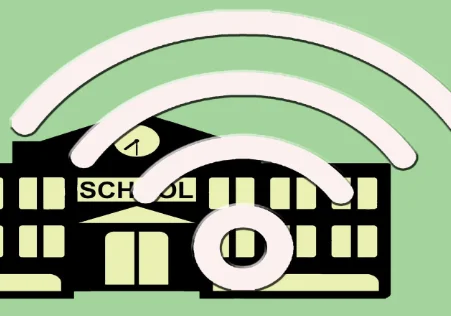
Schools may also collect data from their networks and share it with other schools or organizations.
Your internet history will likely be monitored if you use a public network such as a library or cafe. If this happens, it can be prevented by using different browsers or avoiding public networks altogether.
2. Under Investigation
Schools track your internet history when they know that you’re under investigation.
If you are a student, and someone at the school knows that you’re being investigated for drug use, and they find out that you’ve been searching for information about drug use, they might start asking more questions.
3. When Cheating on an Exam
When cheating on an exam, schools record your internet history. Schools usually have some form of internet monitoring software installed on their computers. This software uses a web browser (like Firefox or Chrome) to log all activity on the school’s network.
Most of this activity is harmless and above board, but it can also give away secrets you might want to keep.
For example, if you’re trying to do an assignment in your bedroom, it may be easier if you use an app called “Tor” or “VPN” (both of which are free).
These tools encrypt your traffic so that no one outside of your computer knows what sites you’re visiting or how long it takes for your computer to download something.
They also mask the IP address associated with your computer so that no one outside your home can see when you connect to the web.
The problem is that these tools make it easy for teachers and administrators to track where students go online.
If teachers suspect someone is doing something wrong (like cheating), they will often use this information as part of their investigation process – even though they know they’ve already been spying on students since day one.
4. When Taking a Proctored Exam
Schools often use proctored exams when testing students. This means that the exam is administered by an outside agency, not the school itself.
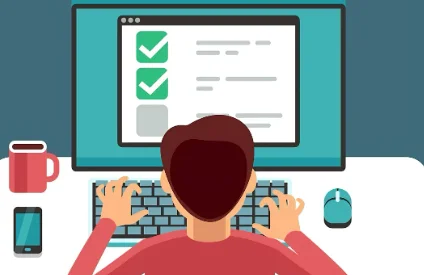
To take this type of exam, students must have their information submitted to the proctor in advance.
The proctor then reviews their records and determines whether or not they are eligible to take the exam. If they are not eligible, they will receive an email or phone call notifying them of this.
5. Online Tests
Schools may offer online tests as an alternative to traditional written exams or essays in some cases. However, they are still susceptible to tracking through third-party websites like Google Chrome or Mozilla Firefox’s browser history feature.
To take advantage of this feature, simply open your browser and go through any website you want without logging out first! You can even use “incognito mode” for added protection!
Also Read: Can Teachers Join the Military: Armed Forces Teaching Jobs
How Schools Track Student’s Internet History
Schools are increasingly tracking students’ online activities. The use of smartphones and tablets, along with the increasing number of apps available on these devices, has led to a marked increase in the amount of time students spend online.
Use of Software
The software can track down students using school computers for inappropriate purposes, such as downloading pornography or accessing gambling sites.
Schools monitor student Internet activity via two methods: software installed on a student’s computer and software installed on the school server. The former is called spyware, while the latter is known as “adware” or “spyware.”
Adware is software that runs silently in the background of a computer and collects information about what websites you visit, your search terms and even which files you open.
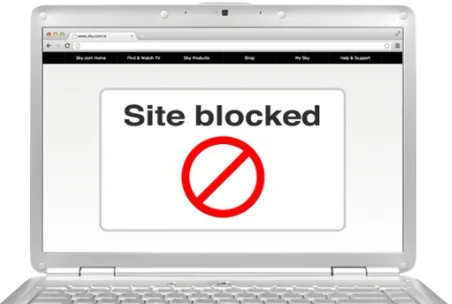
Spyware can record keystrokes and mouse movements and monitors all online activities, including email, instant messaging (IM) and social networking sites such as Facebook.
Adware often comes preinstalled with free or paid applications such as games or software programs designed for use by parents who want to monitor their children’s online activity.
Once installed, the adware can be difficult to remove without reinstalling all of your applications from scratch. It can also slow down your computer considerably as it tries to load other programs into memory when it should focus its efforts.
Some schools use a Net Nanny program, which monitors what websites students visit. Others rely on software from McAfee or Websense that tracks keywords entered into search engines and monitors whether those keywords appear on Web pages visited by students.
Web filtering
The most common way schools track student Internet usage is through “Web filtering,” a technology that blocks access to sites or services based on ratings provided by the administrator or school district.
For example, if a student clicks on inappropriate websites or posts sexually explicit content on social media, the school could suspend or expel him or her.

